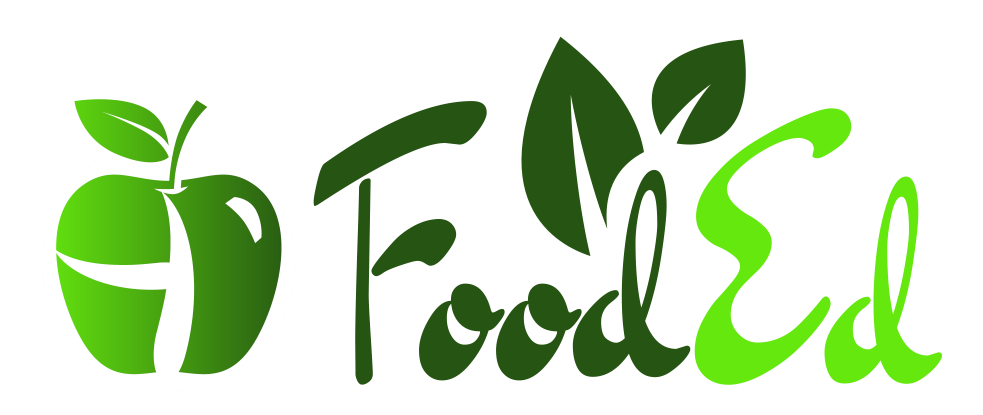Vitamins are essential nutrients that we must obtain from our diet. Vitamin B12 deserves some special attention, this water-soluble vitamin is essential for several processes in the body and a chronic deficiency can result in anaemia or paralysis. It is required for DNA synthesis, crucial in times of rapid growth.
Therefore, a B12 deficiency during pregnancy is linked to birth defects. Vitamin B12 is also needed to produce red blood cells in the bone marrow, and it also protects the nerve tissue. Thus, adequate levels of B12 are vital for your health. The absorption of vitamin B12 is a unique process in our body, with different pathways of absorption for supplements and animal derived foods.
Vitamin B12 is found in the tissues of animals, but the animals itself do not produce the vitamin. Vitamin is solely produced by bacteria that live in the soil and water. The animals acquire the vitamin by eating food that is contaminated with the B12 producing bacteria. When a cow is grazing, it will also pull up some of the roots and soil attached to the grasses. The bacteria in the soil find their way into the digestive tract of the cow and are absorbed into the tissue of the cow. Animals that are confined in stables get their B12 through supplementation added to the feed.
Back in the day, we would obtain vitamin B12 in much the same way as the animal, by eating contaminated (unwashed) vegetables and by drinking well water. Nowadays, our living conditions are much more sanitary, with water being chlorinated to kill of any bacteria. Of course, this is a good thing, as no one is dying from cholera in the modern world, but it deprived us of our source of vitamin B12.
For this reason, people on a plant-based diet should add a source of B12 in their diet. There are several plant-based foods available that have been fortified with vitamin B12, but the easiest way is to take a supplement.
Absorption of vitamin B12 – Cobalamin
Vitamin B12 is absorbed through a unique pathway, with different pathways for animal derived sources and supplements or fortified foods. When we eat animal derived foods, the vitamin B12 is bound to protein. When the food reaches the stomach, the acid secretions cleave the B12 from the protein. The freed up B12 then gets attached to another protein that is being secreted into the stomach, the ‘R protein’. This protects the vitamin B12 against the acid environment. The stomach also secretes IF, Intrinsic Factor, which is transported together with the B12/R protein complex into the small intestine.
In the first part of the small intestine, the duodenum, the pancreatic secretions release the vitamin B12 from the R protein. The once again freed up B12 then attaches to the Intrinsic Factor IF, which is then transported to the end of the small intestine, the ileum, where the IF/B12 complex is absorbed by receptor cells in the intestinal wall, after which the vitamin B12 enters the bloodstream. About half of the vitamin B12 gets delivered to the liver and the other half will be delivered to other tissues.
When you consume vitamin B12 in fortified foods or as a supplement the vitamin is not bound to protein. This unbound B12 gets attached to the R proteins that are in your saliva an than follows the same pathway once it reaches your stomach.
Besides this pathway, around 1-3% of the vitamin B12 ingested gets absorbed through passive diffusion, without the need of any other factors. There is some evidence suggesting that vitamin B12 can be directly absorbed through the membranes under your tongue at a higher rate than passive diffusion in the digestive tract.



